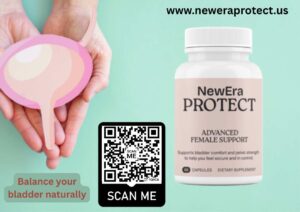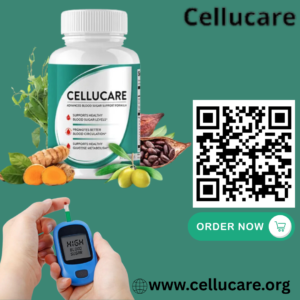The Ultimate Guide to Vitamin D3: Health Benefits and Natural Sources
Vitamin D3, often called the “sunshine vitamin,” is essential for maintaining overall health. While it is best known for supporting...
Vitamin D3, often called the “sunshine vitamin,” is essential for maintaining overall health. While it is best known for supporting strong bones, this powerful nutrient also plays a vital role in immunity, mood, and muscle function. Unfortunately, many people worldwide are deficient in Vitamin D3, often without realizing it. This guide explores the benefits of Vitamin D3, why it matters, and how you can get enough naturally.
Uvclas D3 is a high-potency vitamin D3 supplement used to prevent and treat vitamin D3 deficiency. It comes in an oral solution of 60000 IU and offers a practical way to regain normal levels of vitamin D in the body.
What Is Vitamin D3?
Vitamin D is a fat-soluble vitamin that exists in two main forms: Vitamin D2 and Vitamin D3. Vitamin D3 (cholecalciferol) is the type our bodies naturally produce when skin is exposed to sunlight. It is also the more effective form when it comes to raising and maintaining healthy Vitamin D levels in the blood.
Unlike most vitamins, Vitamin D3 functions more like a hormone, influencing numerous processes in the body. This is why a deficiency can affect more than just bone health.
Health Benefits of Vitamin D3
1. Stronger Bones and Teeth
Vitamin D3 helps the body absorb calcium and phosphorus, the building blocks of bones and teeth. Without sufficient Vitamin D3, bones may become brittle, leading to conditions like osteoporosis in adults or rickets in children.
2. Boosts Immune System
A healthy immune system relies on Vitamin D3 to defend against infections and illnesses. Research suggests that people with optimal Vitamin D levels may have a lower risk of respiratory infections, colds, and flu.
3. Supports Muscle Strength and Function
Vitamin D3 plays a role in muscle contraction and strength. Adequate levels may improve physical performance and reduce the risk of falls, especially in older adults.
4. Improves Mood and Mental Health
Low Vitamin D3 levels have been linked to mood disorders such as depression and anxiety. Adequate intake supports the regulation of mood-related hormones, helping promote emotional well-being.
5. Heart Health
Some studies suggest that Vitamin D3 may contribute to cardiovascular health by regulating blood pressure and supporting healthy blood vessels.
Natural Sources of Vitamin D3
1. Sunlight
The most natural source of Vitamin D3 is sunlight. When UVB rays hit the skin, they trigger Vitamin D3 production. About 15–30 minutes of sun exposure on bare skin (arms, legs, or face) a few times a week is usually enough. However, factors like sunscreen use, skin tone, season, and geographical location can affect how much Vitamin D3 your body produces.
2. Food Sources
Although few foods naturally contain Vitamin D3, adding these to your diet can help:
- Fatty fish such as salmon, tuna, and mackerel
- Egg yolks
- Beef liver
- Cheese
Many foods, such as milk, cereals, and orange juice, are fortified with Vitamin D to help prevent deficiencies.
3. Supplements
For those who struggle to get enough Vitamin D3 from sunlight and diet alone, supplements can be a reliable option. Always consult a healthcare provider before starting supplements, as excessive Vitamin D can lead to health problems.
Signs of Vitamin D3 Deficiency
Deficiency in Vitamin D3 is common and may cause symptoms such as:
- Frequent colds or infections
- Fatigue and low energy
- Bone or back pain
- Muscle weakness
- Mood changes or depression
Long-term deficiency can increase the risk of osteoporosis, cardiovascular issues, and weakened immunity.
Final Thoughts
Vitamin D3 is much more than just a bone-strengthening nutrient—it’s vital for overall health and well-being. By getting regular sun exposure, including Vitamin D-rich foods in your diet, and considering supplements when necessary, you can maintain healthy levels and prevent deficiency.
Prioritizing Vitamin D3 in your daily routine is a simple yet powerful step toward stronger bones, better immunity, improved mood, and long-term health.





